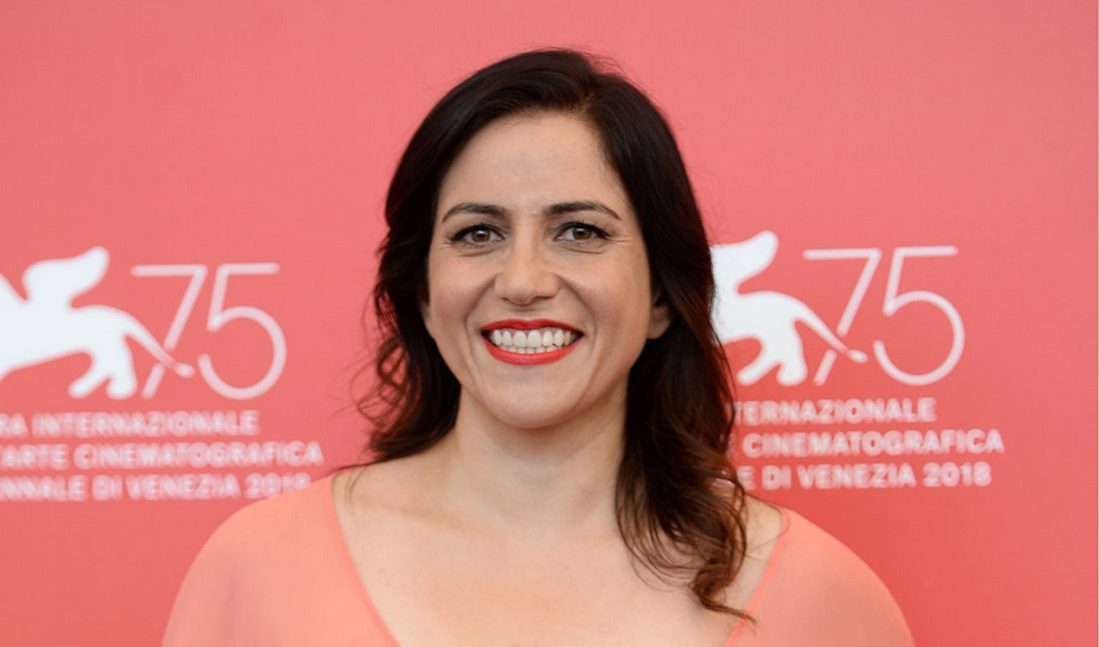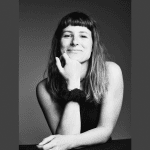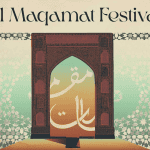Soudade Kaadan’s mesmerising documentaries and films strongly revolve around her Syrian identity. Her First feature film The Day I Lost My Shadow was awarded the Lion of The Future for Best Debut at the Venice Film Festival and the Jury Prize for directing at the LA Film Festival. Her second and most recent feature film Nezouh received the Audience Award at the Venice Film Festival and the Amnesty International Human Rights Award, among other awards and recognitions. After being granted an exceptional talent visa, Kaadan moved to the UK in 2020.
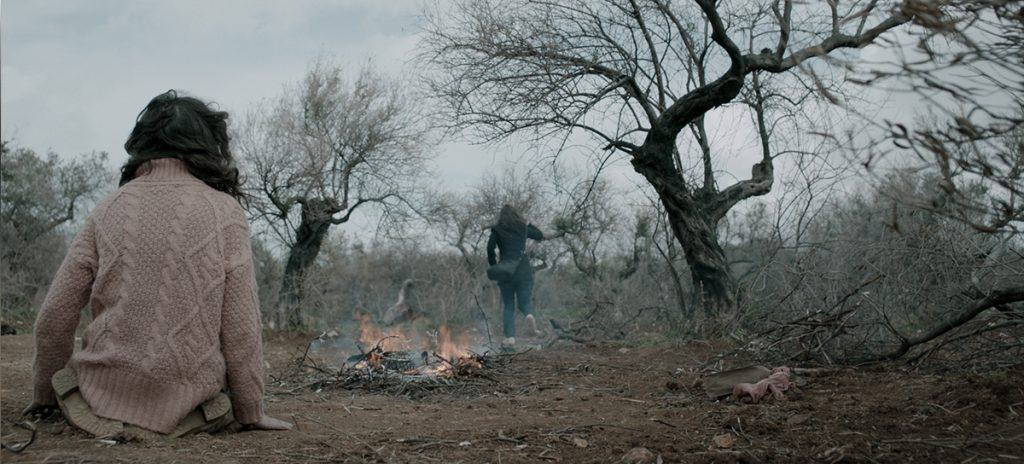
Tell us a little about your background.
I was born in France as my parents were studying there at the time. When I was a toddler my parents returned to my native Syria where I was raised. I studied theatre at the High Institute of Dramatic Arts in Damascus. Afterwards, I got a scholarship to do my Masters in Theatre at the Saint Joseph University of Beirut (USJ) in Lebanon. When I got there I came across the audio-visual department (IESAV) and was immediately drawn to filmmaking. I asked to change my major and ended up studying filmmaking for three years.
Has your background in theatre influenced your work in film?
So I did work in theatre and later documentaries. You always somehow find this influence in my films. Especially how symbolic and minimalistic the objects in my films are portrayed. For example, each object has a meaning, whether you see a flower, a curtain or something else, it always reflects a meaning. This approach comes from the theatre where an object or prop has a heightened reality.
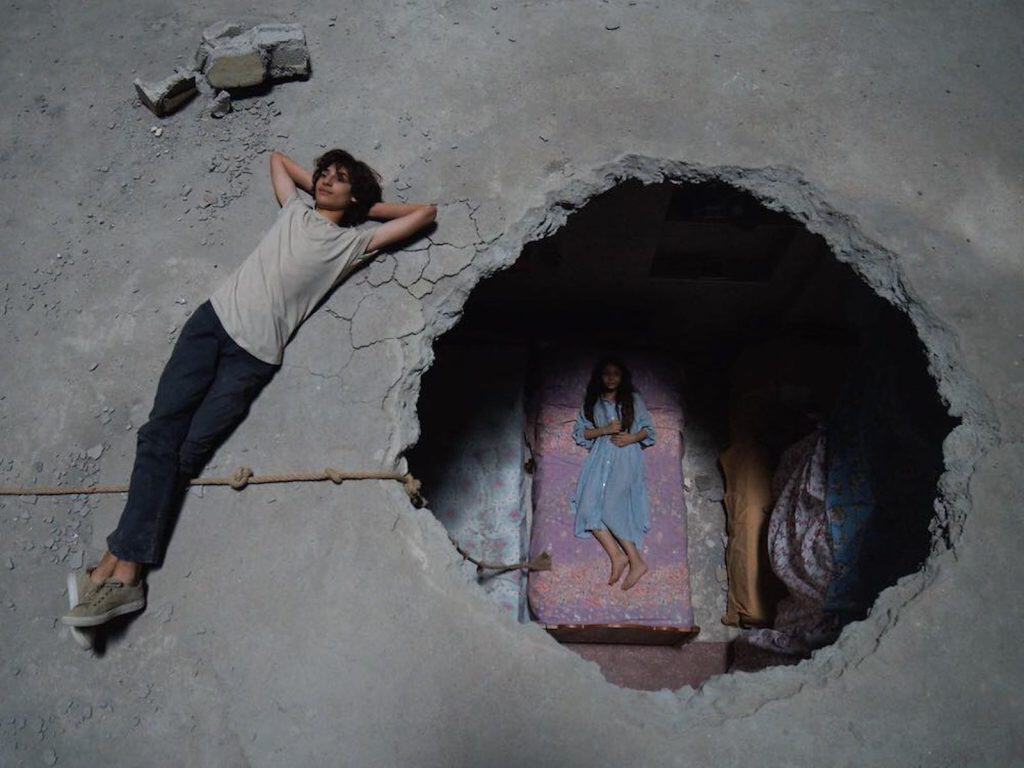
You began by making documentaries, then moved onto feature films. How so?
I started with documentaries mainly due to budget. Documentaries cost less. I was able to handle the whole process myself; I could film, edit, make sounds and so forth. My first documentary short film was Two Cities and a Prison. The 40 minute film was about a prison of minors in Damascus. The budget was just 2000$. The Al Jazeera documentary channel saw the film at the Dubai Film Festival. They loved it and asked me to make films for them. I made Looking for Pink (2009) and Damascus Roof and Tales of Paradise (2010) for Al Jazeera TV. After these, Al Jazeera offered me a contract to make three films with them in 2011. At the same time the war began in Syria. However, the contract was for subjects specifically related to Syria before the war took place, which no longer applied or made sense anymore. I had already done research for six months at this point, but I refused to continue with the proposed films. The country was changing quickly, and maybe because I was also emotional and traumatized by the war I simply could not go on.
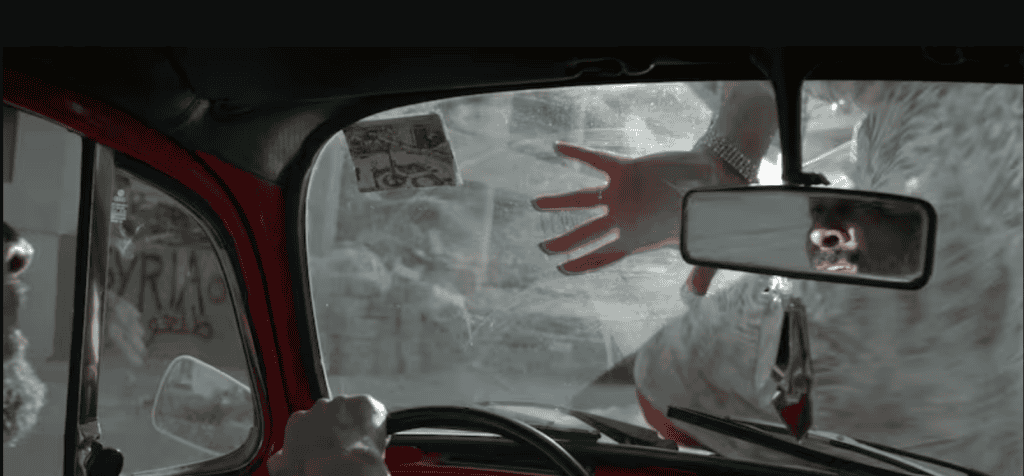
What did you do next?
After that, I started writing fiction maybe as a way to process the pain and the changes. Before I left Syria to live in Beirut in 2012, I wrote the screenplay for The Day I Lost My Shadow, my first long feature film which came out in 2018. It took a long time to secure enough financing which is why it took me almost seven years to finish it.
But you also made other short films in between?
Yes, I did Besieged Bread (2016) and Obscure (2017), a documentary feature and Aziza (2018), a short film I shot in 3 days which earned the Jury Prize at the Sundance Film Festival.
While your films depict Syrian issues and struggles the themes are universal where anyone can relate to them.
I believe the more local and authentic the story, the more universal it is. People see themselves in the characters that are real. In addition, If you make scenes that are comical or with dark humour it resonates a lot and finds its audience.
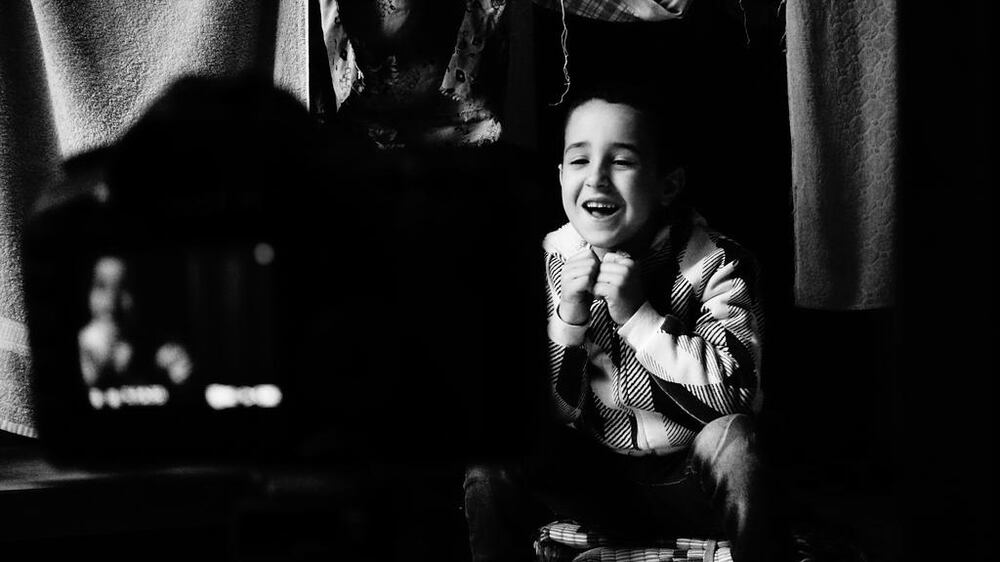
Tell us about your filmmaking process
First, I see an image. If I don’t, I know I don’t have a film. Sometimes, it’s very clear. For Nezouh, I already saw the hole in the house and the light coming in. From that image I knew I already had a film. For The Day I Lost My Shadow, it was losing shadows. I always see an image in my head which is my starting point. From there, I decide where this image wants to go, who are the characters behind it and so forth. I then write a treatment (story). After that I developed the script.
Arabs have long been stereotyped in Hollywood films. Do you see that changing?
The change will not come from production houses, studios and so forth. They generally want to tick the boxes for diversity. This is a shallow or cosmetic way to represent us. I really think it is up to us filmmakers to change the narrative. We have more filmmakers now with authentic stories. This will make a difference to show who we really are to the rest of the world.
Who are your favourite filmmakers?
I admire the work of a lot of filmmakers from around the world, but Omar Amiralay and Hatem Ali both have a special place in my heart as Syrian filmmakers. They both had a huge impact on the cinema and TV industry in Syria. They truly cared about supporting the next generation of filmmakers. Sadly, they both left us too soon.
What would you like to talk about next as a filmmaker?
I am now living in London so it will be something to do with my relationship to my new city, my new home. I cannot say anymore at this stage!
Interview by: Alia Fawaz – 2024

